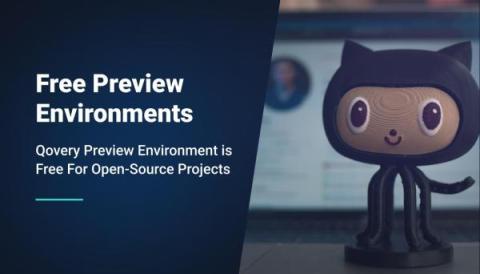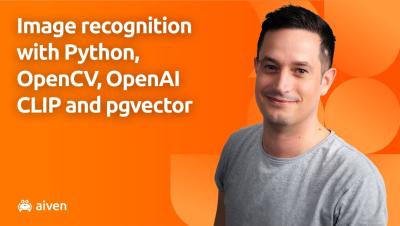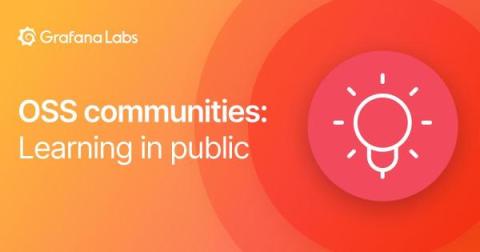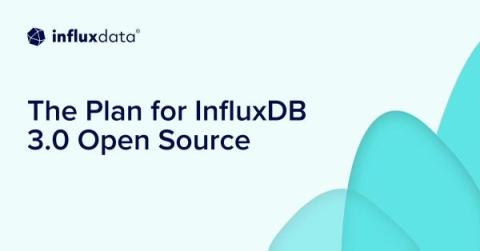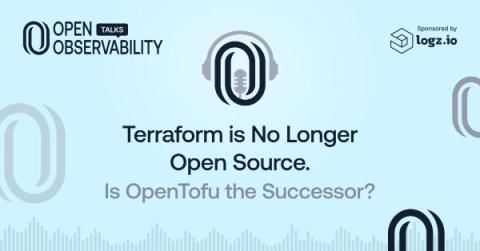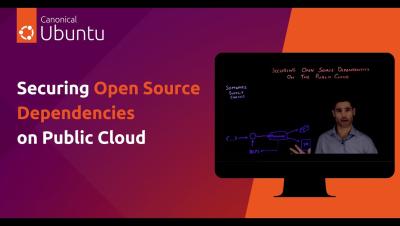Operations | Monitoring | ITSM | DevOps | Cloud
Open Source
Digital innovation in finance - the open source imperative
The Future of Cloud Native Data is Now
How to build LLMs with open source
Introducing the Datadog Open Source Hub
At Datadog, we have always been deeply involved with open source software—producing it, using it, and contributing to it. Our Agent, tracers, SDKs, and libraries have been open source from the beginning, giving our customers the flexibility to extend our tools for their own needs. The transparency of our open source components also allows them to fully audit the Datadog software that is running on their systems. But our commitment to open source only starts there.
Image recognition with Python, OpenCV, OpenAI CLIP and pgvector
Learning in public: How to speed up your learning and benefit the OSS community, too
Technical folks in OSS communities often find themselves in permanent learning mode. Technology changes constantly, which means learning new things — whether it’s a new feature in the latest OSS release or an emerging industry best practice — is, for many of us, simply a natural part of our jobs. This is why it’s important to think about how we learn, and improve the skill of learning itself.
The Plan for InfluxDB 3.0 Open Source
The commercial version of InfluxDB 3.0 is a distributed, scalable time series database built for real-time analytic workloads. It supports infinite cardinality, SQL and InfluxQL as native query languages, and manages data efficiently in object storage as Apache Parquet files. It delivers significant gains in ingest efficiency, scalability, data compression, storage costs, and query performance on higher cardinality data.
Terraform is No Longer Open Source. Is OpenTofu (ex OpenTF) the Successor?
Terraform, a powerful Infrastructure as Code (IAC) tool, has long been the backbone of choice for DevOps professionals and developers seeking to manage their cloud infrastructure efficiently. However, recent shifts in its licensing have sent ripples of concern throughout the tech community. HashiCorp, the company behind Terraform, made a pivotal decision last month to move away from its longstanding open-source licensing, opting instead for the Business Source License (BSL) 1.1.


